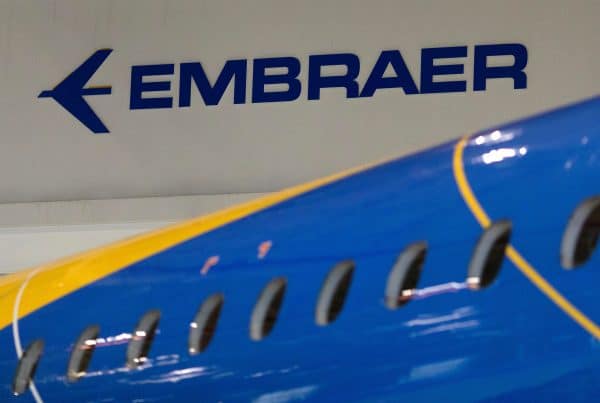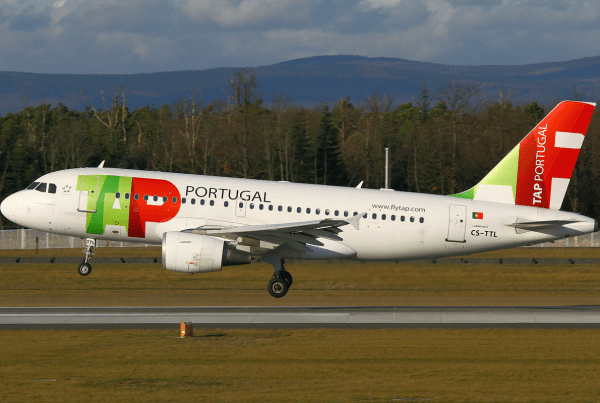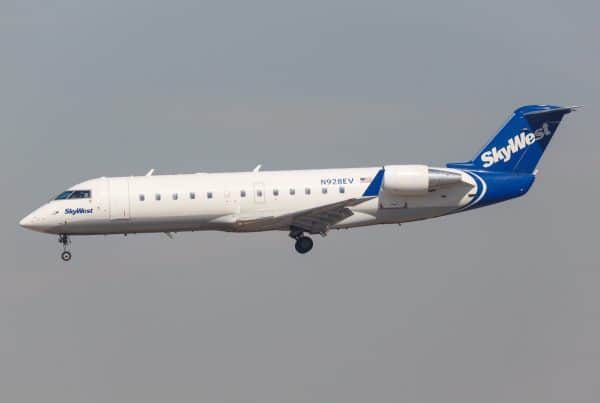(Bloomberg) — It’s proving to be a bumpy year in Brazil, but the top executive of the country’s biggest airline can’t shake his optimism.
Despite election-year uncertainty and a currency that’s yet again unsettled, Chief Executive Officer Paulo Sergio Kakinoff sees historically low interest rates and subdued inflation — coupled with an economy that’s lurching forward — boosting Gol Linhas Aereas Inteligentes SA. That, and loyal consumers.
“The company is less impacted now by the macroeconomics,” Kakinoff, 43, said in an interview at Gol’s Sao Paulo headquarters. “There’s an impact because of the consumer’s preference — our market share is higher — that makes our results more resilient.”
News, Good and Bad
Aside from a less hostile economic environment — Brazil is far from its glory days of growing some 5 percent annually during the commodities boom, but a recession that sank GDP by 7.8 percent is over — an overhaul of the country’s labor laws has also helped the airline. Lawsuits from former employees, previously a constant headache, have dropped. Of the approximately 50 people who have left the company since the November reform — an admittedly small number — 10 percent would have normally sued the company, Kakinoff said. Instead, just one has.
The approval of an Open Skies accord between Brazil and the U.S., an agreement that sets rules for air travel between two nations, limiting government control over decisions about routes, fares and capacity, should be finalized this year and could also improve the outlook for the sector.
“Within two years of Open Skies, the airlines in Brazil will have joint ventures with U.S. airlines,” Kakinoff said. Delta Air Lines Inc. already has a stake of about 12 percent in Gol, not to mention a 49 percent stake in Grupo Aeromexico, with which it already has a joint venture agreement.
Until recently, the market seemed to agree with the CEO’s optimism. After touching a seven-year high in early April, shares have fallen 20 percent on a weakening currency, a dispute with Citigroup’s research department over accounting methods and the resurgence of old news that it’s cooperating with U.S. authorities regarding a leniency agreement signed with Brazil’s public prosecutor in 2016.
Flying Abroad
Starting in July, Gol will receive between eight and 10 new 737 Max, the fourth generation of Boeing’s narrow-body 737 series. The jets are 15 percent more fuel efficient than the current fleet of about 120 737s.
Most of the planes received over the next three years will be dedicated to international flights, Kakinoff said, and new investments will focus on expansion abroad, including new flights to Orlando and Miami from Fortaleza and Brasilia in November.
While Gol leads in market share domestically with 34 percent to Latam Airlines’ 33 percent, it has a long way to go internationally. It has a 12 percent market share among Brazilian airlines for international travel, compared to Azul’s 15 percent and Latam’s 68 percent, according to data compiled by the Brazilian airline association, Abear.
Gol isn’t the only airline pressing its bet on flights abroad. Avianca Brasil started flying to Miami and New York last year, and is adding yet another flight to its Florida destination this year.




